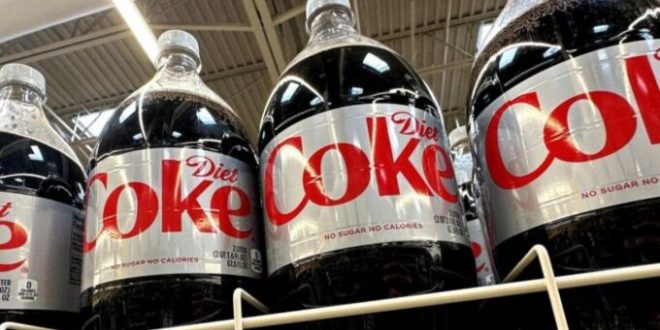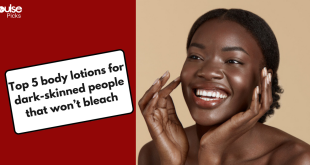By Guardian Life
30 June 2023 |
8:31 am
The International Agency for Research on Cancer (IARC) is planning to declare aspartame, a widely used artificial sweetener, as potentially causing cancer. Aspartame is a sugar substitute that is much sweeter than regular sugar and is commonly found in low-calorie products. It is used in various beverages, including Diet Coke, as well as chewing gums.…

The International Agency for Research on Cancer (IARC) is planning to declare aspartame, a widely used artificial sweetener, as potentially causing cancer.
Aspartame is a sugar substitute that is much sweeter than regular sugar and is commonly found in low-calorie products.
It is used in various beverages, including Diet Coke, as well as chewing gums.
While aspartame has been used for many years and is approved by food safety organizations, there have been controversies surrounding its safety.
According to Reuters, the IARC, which is part of the World Health Organization (WHO) and focuses on cancer research, is expected to publicly announce on July 14 that aspartame is “possibly carcinogenic” to humans. This decision is based on a thorough review of approximately 1,300 studies on aspartame and its potential link to cancer.
It’s important to note that this ruling does not consider the safe consumption levels of products containing aspartame.
The IARC has a classification system with four levels: carcinogenic, probably carcinogenic, possibly carcinogenic, and not classifiable. The classification is based on the strength of the evidence available.
At the same time, the Joint WHO and Food and Agriculture Organization’s expert committee on food additives (JECFA) is also evaluating the use of aspartame this year. Their findings will be announced on the same day as the IARC’s decision.
A spokesperson for the IARC stated that both committees’ findings are confidential until July but emphasized that they complement each other.
The IARC’s conclusion represents an initial step in understanding whether aspartame is carcinogenic.
Previous rulings by the IARC on different substances have raised concerns among consumers, led to lawsuits, and prompted manufacturers to change their recipes and use alternatives.
Critics argue that the IARC’s assessments can be confusing for the general public.
 Top Naija News: Nigerian News, Breaking News Nigeria and World News Top Naija News is a daily news publication in Nigeria, delivering the latest breaking news in Nigeria and around the world.
Top Naija News: Nigerian News, Breaking News Nigeria and World News Top Naija News is a daily news publication in Nigeria, delivering the latest breaking news in Nigeria and around the world.




